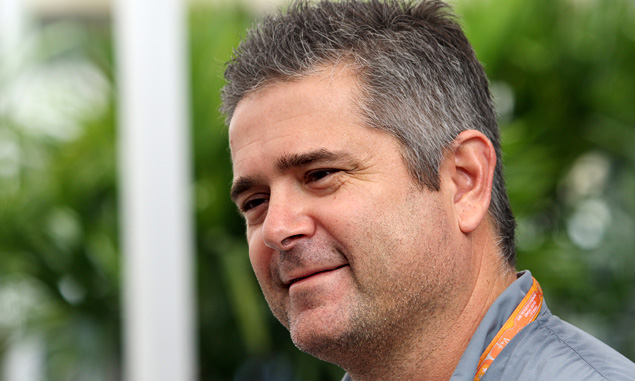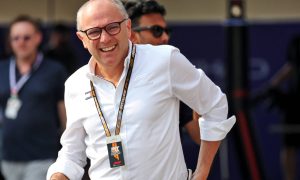
Former champion racer and Formula One team sporting director Gil de Ferran has suggested that the sport has gone too far in eliminating errors.
"Formula One will always remain the top of motorsport," he told German sports publication Auto Motor Und Sport this week. "But in a way it's the victim of its own success. It's too perfect. It lacks the human factor.
"People make mistakes - that's what makes them sympathetic.
"Motorsport was at its best in the late 80s and early 90s because the cars were not perfect. And how often did we see a flawless driver at the steering wheel? So either he or the car had made a mistake. But it was interesting to watch the drivers competing. Every step back in this direction would be a good one.
"Over the last two decades there has been huge investment in Grand Prix racing. Everything got better, and they have finally reached close to the optimum. The aim was and is to eliminate mistakes and mishaps. I wonder, is there anything left that's not completely perfect?
"If you have all the tools in the world to plan that perfect race, it becomes dangerous. This is the curse of the money that is now in Formula One."
While de Ferran himself never raced in Formula One, he was twice US Champ Car champion in 2000 and 2001 and also won the Indianapolis 500 in 2003 before retiring from racing and spending two years as sporting director at BAR-Honda between 2005 and 2007.
According to de Ferran, in many ways the modern drivers today are making it all look too easy when the reality to anyone who knows where to look is that it is anything but, even in these days of technological aids.
"In my day we all dreamed of the perfect race: start from pole position, win the start, driving with no errors, take care of my tyres, put the field a lap down and win the race. Unfortunately, people don't want to see purely that.
"Today's Formula One drivers still have to work hard for the perfect race, but it's so hard to appreciate from the outside. I can see it because of my 30 years experience in racing, but the ordinary spectator finds it difficult."
An example of this seemingly 'effortless' success Toro Rosso driver Max Verstappen, who clinched fourth place in Hungary in just his tenth Grand Prix. Not that de Ferran begrudged Verstappen's rapid rise or youth in the slightest, being instead rather admiring of the Dutch teen's achievements so far in 2015.
"The boy is incredibly good. If I put myself back to the time when I was 17 years old, I would have never been able to achieve such a thing. It is phenomenal how well he drives at such a young age, how determined and able to make decisions."
Even when it came to the backmarkers on the grid like Manor, the cars are now of such a quality that they no longer have the 'plucky underdog' appeal of past small teams such as Minardi, which used to be a fan favourite on the Formula One grid every year despite their lack of success.
"When I look at myself the cars at the rear end of the field today, I have to say they still look damn good," admitted de Ferran."
But de Ferran was wary about the value of the recent initiative to poll fans worldwide about what they wanted to see in the sport and said the results were no panacea for what ails Formula One in 2015, and cautioned the sport against charging in blindly to wholesale changes without deeper thought.
"This is a double-edged sword. Henry Ford once made a good comparison: if we had asked people who rode in a horse-drawn coach what improvements they wanted, they would have answered 'faster horses' - they would never have said that what we want is a car.
"If Steve Jobs had asked what people want from a phone, no one would have come up with the smartphone.
"What I mean to say is, it's important to know how to what makes the fans tick, but the actual solutions you deliver are for the people who run the business to decide."






